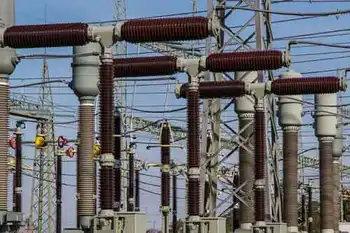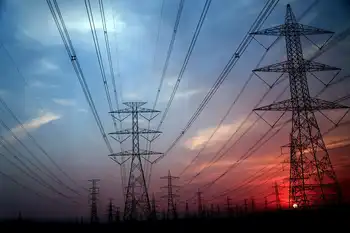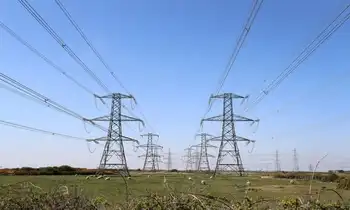OEB code amendments directed at service
The changes create rules specific to disconnection for non-payment, security deposits, arrears management programs, equal payment plans, bill issuance and payment, correcting billing errors, allocating partial payments between electricity and non-electricity costs, and managing customer accounts.
Examples include:
• Ensuring customers receive at least 10 days notice before their service is disconnected for non-payment
• Making arrears management programs available to residential customers who qualify and are unable to pay their electricity bill
• Ensuring security deposits are applied against any arrears before a disconnection notice can be issued to a residential customer
• Making equal monthly payment plans available to residential customers and
• Providing a 60-day notice period if any regular resident at a customer's home faces a significant health risk if their electricity supply is disconnected.
The amendments flow from a Board-initiated consultation process concerning how electricity distributors provide service to their customers.
Most of the amendments will take effect on January 1, 2011. The new arrears management programs and equal monthly payment plans will come into force on October 1, 2010 and April 1, 2011, respectively.
Related News

Hydro wants B.C. residents to pay an extra $2 a month for electricity
VANCOUVER - The British Columbia government says the province’s Crown power utility is applying for a 2.3-per-cent rate increase starting in April, adding about $2 a month to the average residential bill.
A statement from the Energy Ministry says it’s the sixth year in a row that BC Hydro has applied for an increase below the rate of inflation.
It says rates are currently 15.6 per cent lower than the cumulative rate of inflation over the last seven years, starting in 2017-2018, and 12.4 per cent lower than the 10-year rates plan established by the previous government in 2013.
The ministry says the…





